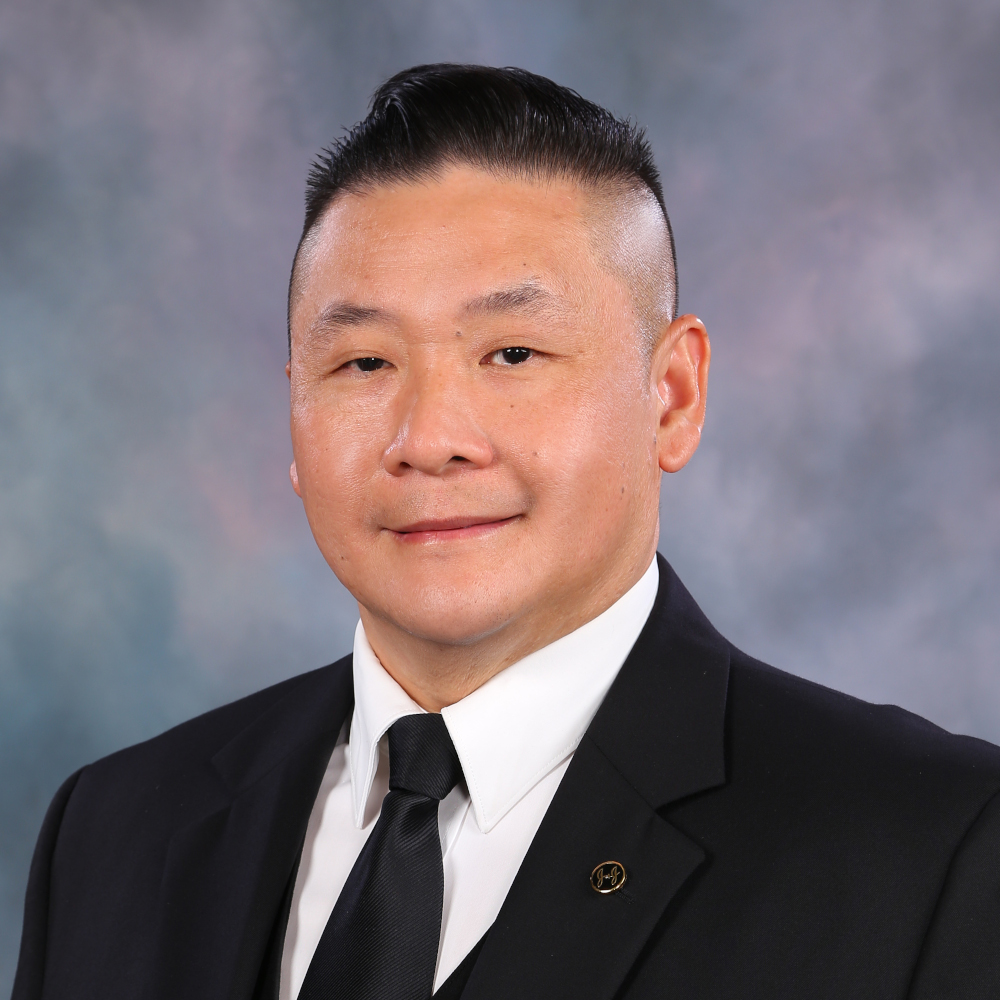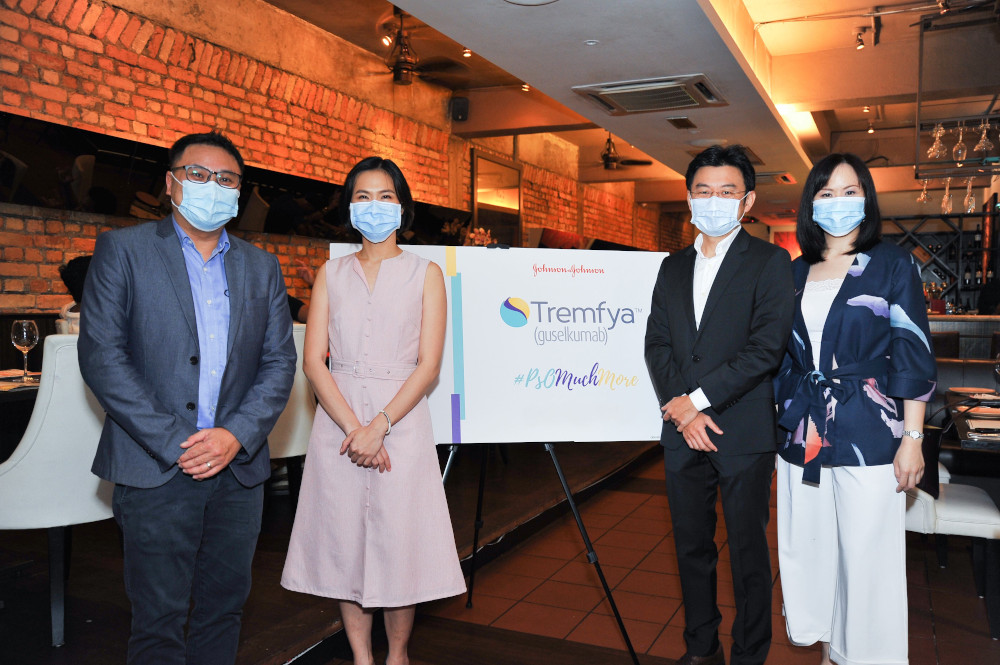PETALING JAYA, Dec 17 — Janssen Pharmaceutical Companies of Johnson & Johnson has launched Tremfya (guselkumab) in Malaysia, a new treatment that promises hope for adult patients living with moderate to severe plaque psoriasis.
Psoriasis is a chronic inflammatory skin condition that causes skin cells to multiply up to 10 times faster than normal, resulting in thick, red, raised patches of skin with silvery scales that may be itchy or painful.
Tremfya is one of the first biologic treatments to manage psoriasis by selectively blocking the body’s production of a key protein, interleukin IL-23, which triggers a specific immune inflammatory response.
An imbalance in the levels of this protein is known to be the main culprit that causes the scaly patches of skin seen in psoriasis patients.
Studies have shown that Tremfya delivered via subcutaneous injections gives patients long-term control over their condition with a significant improvement in their quality of life.
Treatment with Tremfya begins with two starter doses; one at the beginning of treatment and the second one four weeks later, followed by one dose every eight weeks thereafter.
The cost of Tremfya is determined by health professionals and patients are encouraged to speak to their dermatologists to determine their suitability for the treatment.
Along with the launch of Tremfya, Johnson & Johnson Malaysia has launched the disease awareness programme PsO Much More to help people with psoriasis gain a better understanding of their condition and regain control of their lives by seeking proper treatment.
Johnson & Johnson Malaysia managing director Chin Keat Chyuan hopes that the programme can help psoriasis patients manage their condition with lasting efficacy while regaining their self-esteem.
“The awareness programme is themed ‘PsO Much More’ because psoriasis is so much more than a skin disease.
“It also affects patients’ well-being from a social and psychological aspect which is beyond skin deep.
“We have begun with disease education via the media and will be exploring other communication channels as well as collaborating with physicians to share more,” said Chin.

Chin added that Johnson & Johnson has a patient access programme as well to help make medicine accessible to patients, including those with psoriasis.
Patients are encouraged to speak to their dermatologist to determine their suitability for the treatment and how they may be able to leverage the access programme.
Understanding psoriasis

There’s a good chance that you or someone you may know suffers from psoriasis — it affects 125 million people worldwide or two to three per cent of the total population, according to data from the World Psoriasis Consortium.
A study by the Medical Journal of Malaysia found that two to six per cent of new patients at dermatology clinics yearly are diagnosed with psoriasis.
It affects both men and women equally and can flare up at any age, with the condition peaking in the age ranges between 15 to 25 and 50 to 60.
Besides immune dysfunction, psoriasis can also be triggered by genetic, environmental, and lifestyle factors such as physical trauma, drug reactivity, stress, obesity, smoking, and alcohol consumption.
If left untreated, psoriasis can lead to higher risks of co-morbidities like psoriatic arthritis, cardiovascular diseases, and metabolic syndrome, including hypertension, dyslipidemia and diabetes mellitus, and Crohn’s disease.
There is no known cure for the disease and symptoms are lifelong unless appropriate treatment is sought out to manage the condition.
The scaly appearance of psoriasis on a patient’s skin can also result in social stigmatisation and discrimination, such as being declined physical contact with others who mistakenly believe that the disease is contagious.
This can lead to patients experiencing loneliness, isolation, frustration, and feelings of unattractiveness which can wear down their mental and psychological well-being.
How Tremfya can help

A fourth phase three Eclipse study has shown that 84 per cent of 1,048 adult patients administered with Tremfya achieved at least 90 per cent improvement in their baseline Psoriasis Area Severity Index (PASI) score at week 48.
Over half of the patients (58 per cent) on Tremfya also achieved a PASI 100 response which is 100 per cent clearance of psoriasis at week 48.
The treatment was well-tolerated in patients and phase three studies are currently being carried out on Tremfya for individuals with psoriatic arthritis and Crohn’s disease.
These promising results are further supported by a phase three Voyage 1 study which found that 82 per cent of patients on Tremfya demonstrated long-term efficacy with a continuous achievement of at least 90 per cent improvement in their PASI response at week 204 (four years).






















